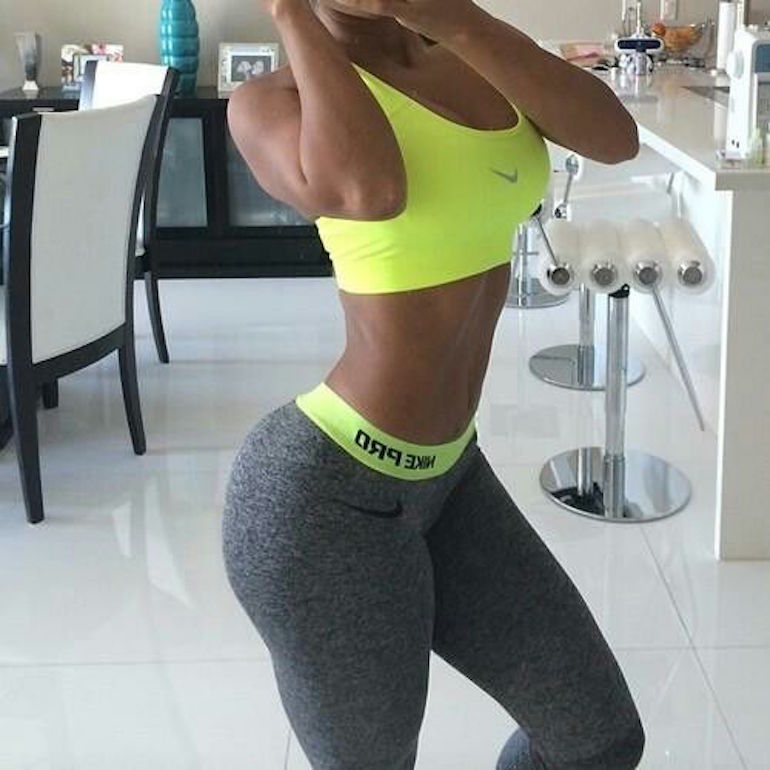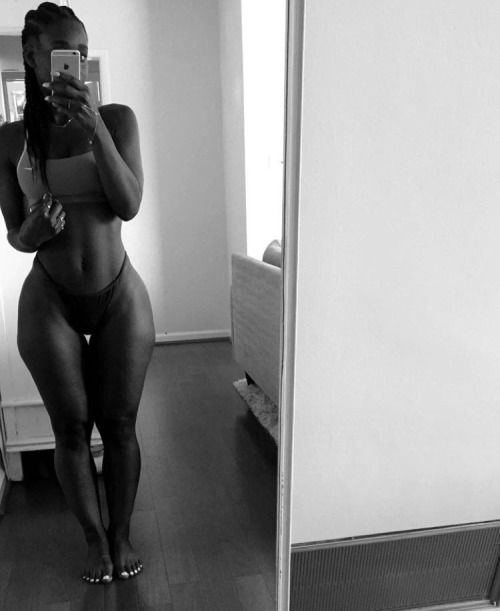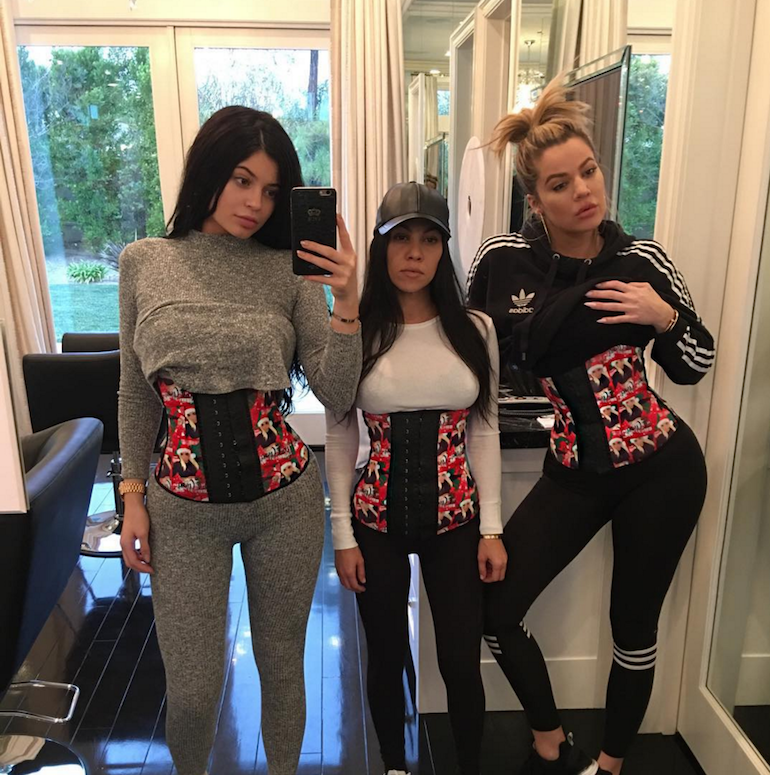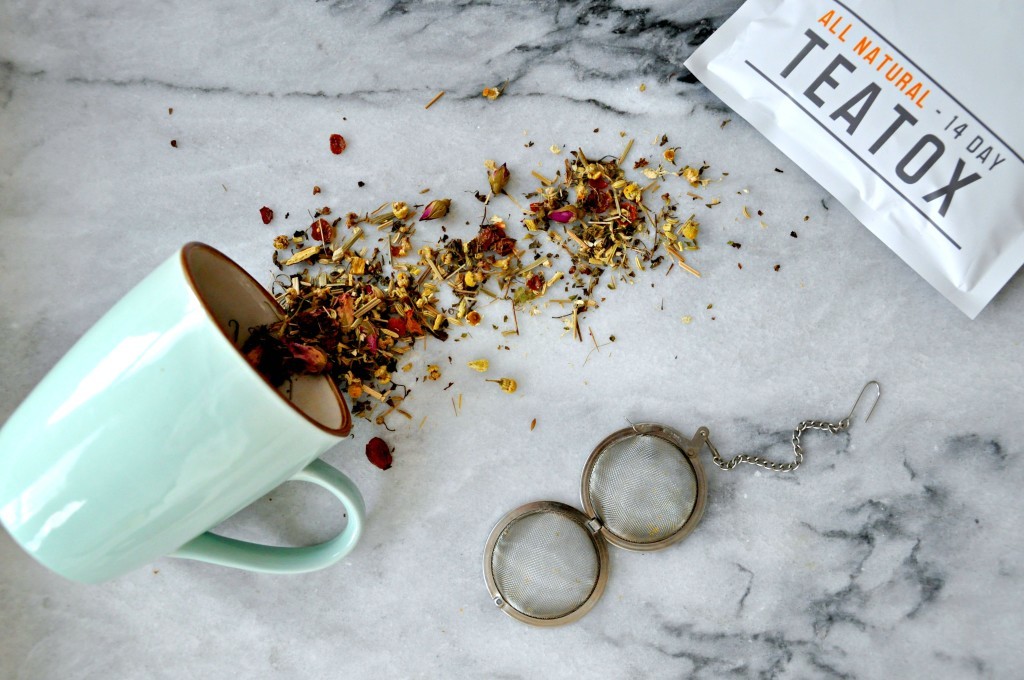I bet you that your Facebook, Twitter, and Instagram feeds are constantly bombarded with slim-thick models and celebrities. You are repeatedly exposed to that slim waist and thick hips figure, whether it’s Kylie Jenner’s or Nicki Minaj’s.
A significant issue with this glorification is that it appropriates black women’s bodies. Many black women and other women of color have slim-thick figures as a God-given gift. The only thing is that they weren’t deemed as sexy or attractive until recently, and when they are, it results in both an appropriation and objectification that is more detrimental to women of color.

Photo courtesy of pinterest.com
This glorification arrived only when rich, white celebrities decided these body types were worthy of praise and attention. Think Kim Kardashian and Kylie Jenner. These celebs use plastic surgery, extreme diets, and waist trainers to achieve their looks.

Photo courtesy of pinterest.com
This doesn’t extend to black celebrities like Nicki Minaj. When Minaj achieves and flaunts this body type she is scrutinized and is accused of being fake. This goes to show that racism is so embedded in our minds that when a black woman and a white woman have slim-thick figures, one is hot and the other is fake.

Gif courtesy of giphy.com
When Nicki Minaj was trying to build a career for herself in a male-dominated hip-hop industry, she had to demand attention. In this industry, women’s bodies are constantly glorified and sexualized. Nicki Minaj took advantage of it. She used her body as a way to assert herself as a woman in hip-hop.
Even hip-hop culture in itself can glorify a certain body type over another. We used to only see thin female dancers in music videos. There was a study done showing how this overrepresentation of thin women in rap music videos has a negative effect on African-American women.
As the slim-thick figure gained more glorification through Nicki’s music videos “Super Bass” and “Anaconda,” and Drake’s music video “Hotline Bling,” things started changing. We can even begin to see lyrics changing to glorify one body type over the other. Fetty Wap’s song “Jimmy Choo” is a prime example of this. He says, “Slim thick wit’ yo cute ass, ay, I might buy ya a new bag, damn.” So if you’re a slim-thick babe, Fetty Wap has your back.

Gif courtesy of giphy.com
Many young women and girls are socialized through music. So when a singer says he’s going to buy a slim-thick girl a new bag but ignores the thick girl and the slim girl, we fall back to the idea exclusion. Even black women who are surrounded by these influences begin to feel the pressure. Those women who don’t fall into that stereotypical slim-thick body shape will feel marginalized and as a result, it feeds their internalized racism and self-hate.
As a society, we have always set certain standards of beauty, specifically for women. However, we tend to have certain trends of beauty standards as well. We often go through different phases of glorifying certain facial features, heights, weights, and now we have landed at body-types.

Photo courtesy of @khloekardashian on Instagram
This is not to say that the glorified body types are not attractive or great. But this constant glorification of one over the other generally excludes other body types. With the slim-thick figure, those who are only thick will try to slim their waists and those who are only slim will resort to unhealthy eating habits to become thick.The ones who don’t fit in any of those categories will feel excluded and ashamed of their bodies.
Recently, slimming teas are circulating around in hopes of giving girls a “fit” figure, which was the popular, desired body figure in 2015. They promote toned arms, legs, abs and a firm buttocks.

Photo by Caitlin Shoemaker
But what if a girl loves her bony arms? The way her belly sticks out in her bikini? Her flat ass? The way her thighs touch? See, we all have the right to lose or gain weight and look as we please. However, glorifying one body type over the other comes at a great cost. It costs women their self-confidence and their bodies, and it costs many black women the appropriation of their bodies.
Next time you see a slim-thick model or celebrity on your social media feed, I want you to remember two things:
- Their body is theirs and yours is yours. No one is better or worse than the other.
- If it’s Kylie Jenner, keep scrolling.

Gif courtesy of giphy.com


